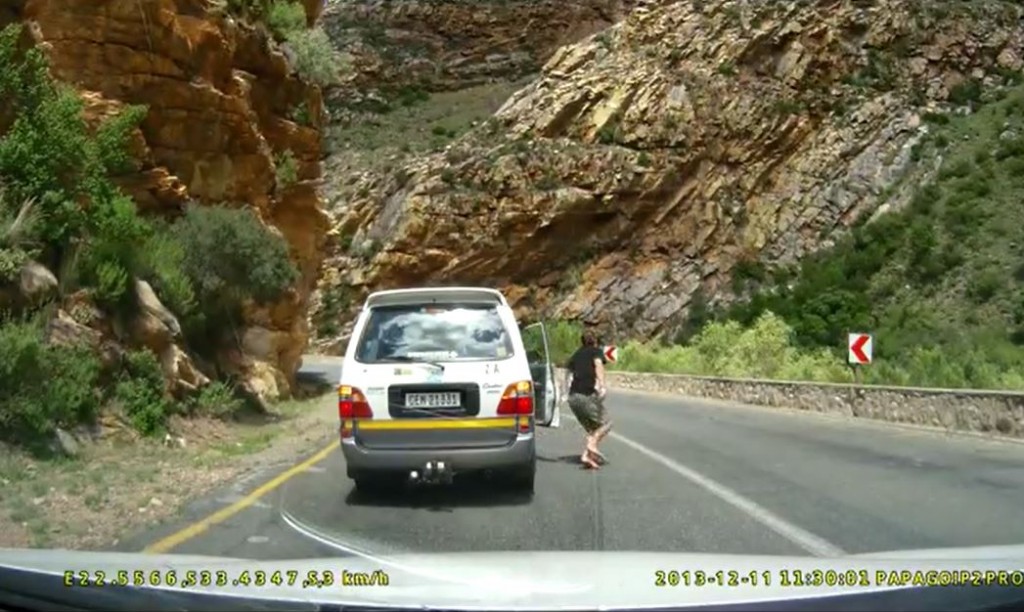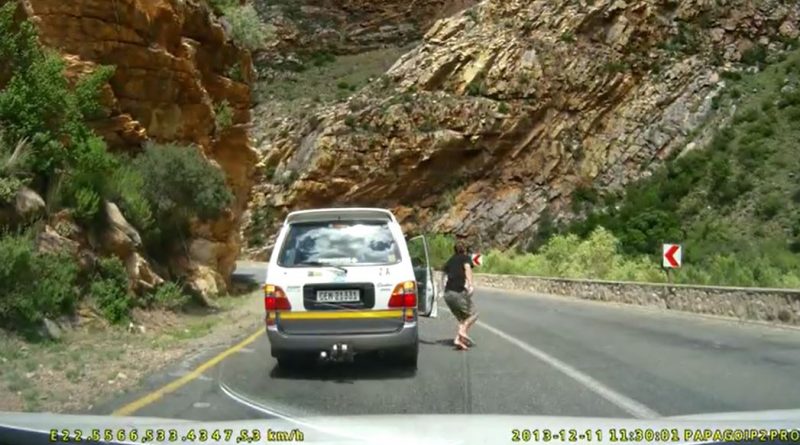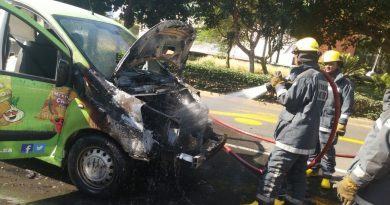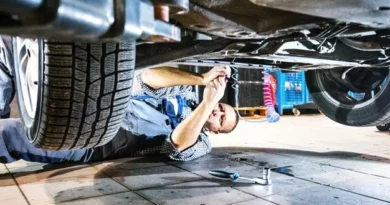What can we do to reduce collisions between vehicles and wildlife or domestic livestock?

Nearly 1,500 people were killed on the roads in South Africa over the December holiday season last year. And with approximately 14,000 people who die on South African roads each year, we at the Endangered Wildlife Trust’s Wildlife & Transport Programme (EWT-WTP) want you to be safe when travelling on the roads this holiday.
Many incidents involve collisions between vehicles and wildlife or domestic livestock. If they are hit they can roll onto the bonnet and into the windshield or roof, resulting in extensive damage and serious or fatal injury.
Here are some MORE tips to help you stay safe on the roads this holiday:
- Take special care near animal crossing warning signs or signs warning of the absence of fences. The signs are there for a reason.
- Minimize your distractions from passengers, food, and accessories like cell phones. If your full attention is on the road, you’ll be more likely to spot approaching animals with your peripheral vision.
- Get in the habit of scanning the roadside as you drive and be especially watchful in areas near woods and water
- If you see one animal, expect that there are others nearby.
- Nocturnal species are the most vulnerable to being hit on roads. Drive a little slower at night and if you see an animal in the road ahead, dim your lights and hoot. Car headlights blind animals so that they don’t always move away.
- Drive within the speed limit to increase your own and the animal’s reaction times. Slow down if you know there’s a possibility of wildlife coming onto the road.
- Always wear safety belts
- Slowing down a little gives you and the animal more time to react – Be especially cautious at night
- If the animal is in your path, brake firmly but do not swerve to avoid it. Sound your horn in a series of short bursts to frighten it away. Provided you can slow down with control, steer around the animal but stay on the road if possible. Watch out for oncoming traffic.
- If a collision seems inevitable, don’t swerve to avoid the animal; your risk of injury may be greater if you do. Maintain control of the vehicle. Report the accident to the police and your insurance company.
- If you hit and injure a wild animal, call the nearest wildlife rehabilitation centre or vet. Be careful of handling potentially dangerous animals yourself.
- Don’t throw food scraps or other rubbish out of your car since it attracts wildlife and increases the risk of roadkill.
And if you do encounter an animal dead on the road, please assist us with recording this data ….. WE NEED YOUR HELP!
To send roadkill sightings, photographs and data: roads@ewt.org.za
Also view:





